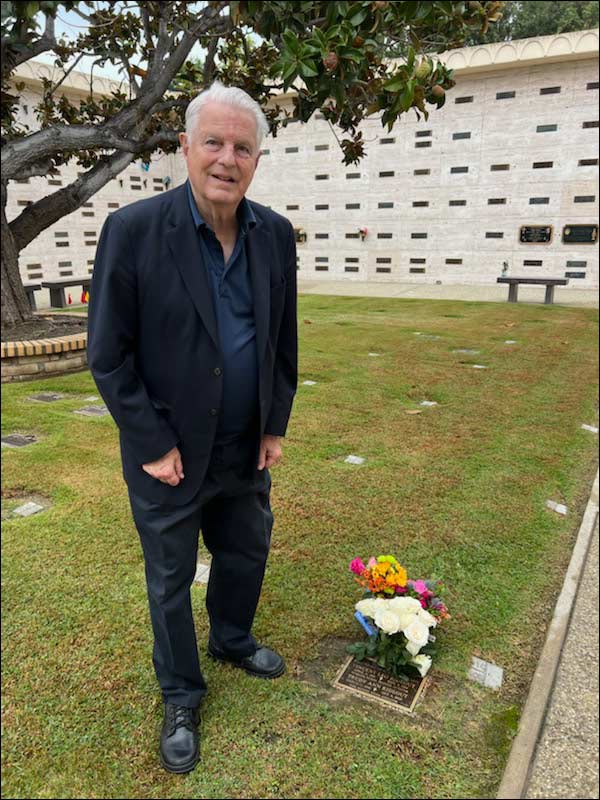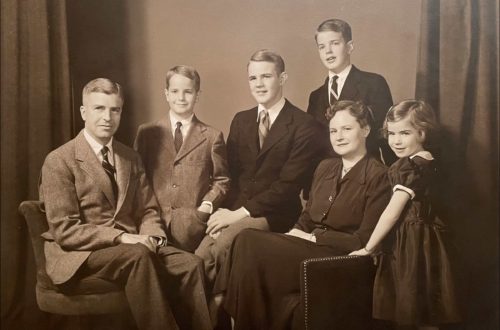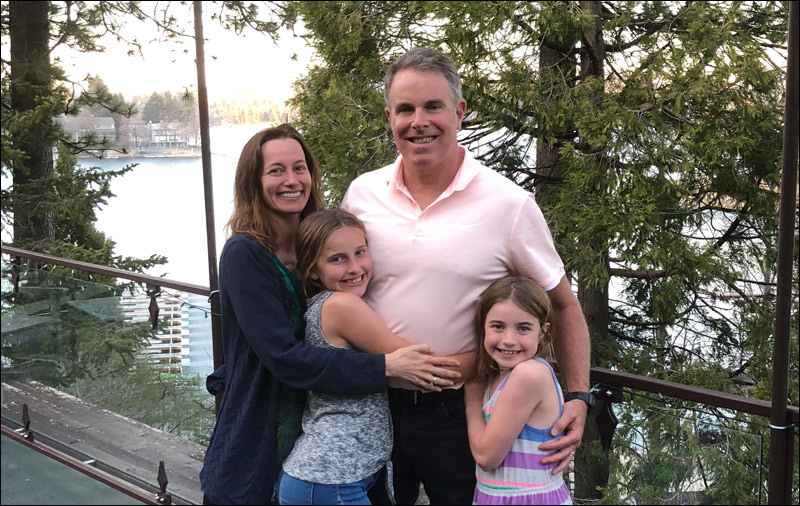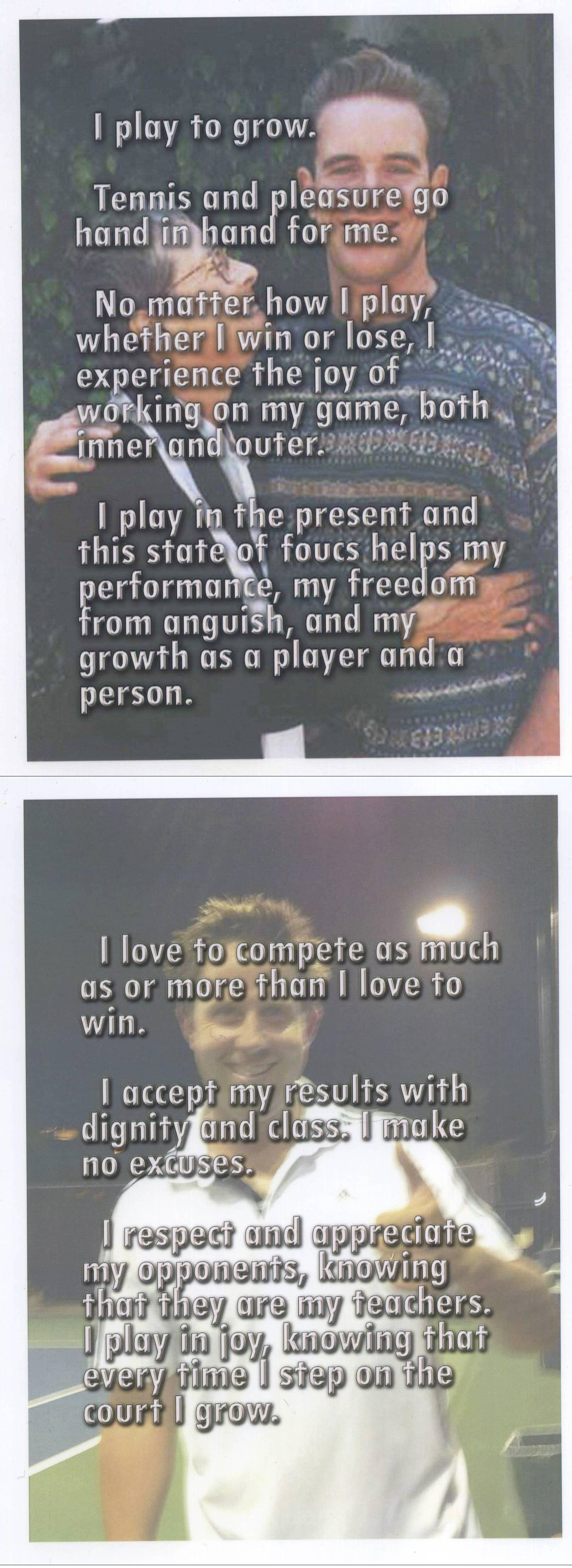It is that time of the year, and one way or another I always feel the approach of these dates: October 6th, yesterday, the 2nd anniversary of the death of my stepmother; and October 31st, the day my mother died almost 26 years ago. Fateful anniversaries they are, and I feel them.
It does not matter that my mother died so long ago, or that the memories recede and fade with the years. I still remember . And it does not matter that my stepmom was already over 80 years of age and had long struggled with a fatal disease – metastatic breast cancer – although that does color the memory of her death. She had lived a full life; it was her time. But it was still hard. Or that my uncle is declining slowly but inexorably with Alzherimer’s Disease into eternal forgetfulness. There is no coming back from that, and he and we know it.
So there has been death for me in the fall in the past, and memories of death in the present. Perhaps that is appropriate. Whether through All Saints Days or Día de Muertos or Halloween, the season of autumn is tinged with decline and death. More so for me than usual. The sun sets earlier and earlier in autumn. It gets darker and darker.
My mom died back in 1996 after fourteen months of traumatic treatment for her deadly lung cancer. The suffering, on all sides, was enormous. Being my mother, her sickness and death shook me to my roots. I was 29 when she died. But being my mother, she is not often far from my mind, even so many years later. I feel her presence often. I am convinced my mom watches over me, although I don’t know how. She knows I will die, too – knows it better than me. Somewhere she awaits me. In a lesser form, I feel the same about my stepmom.
Death, dying. Lots of death and dying in normal circumstances, but in the past two years with the Coronavirus the amount of “excess deaths” has grown. I spent much of my student days at UCLA working in the campus medical center where I got to see death up close – drowned toddlers fished out of pools, horrible burn victims from workplace accidents, gunshots and murders and suicides, and the innumerable car accidents – so many automobile and motorcyle accidents, or pedestrian vs. auto collisions. Later on I would release the dead bodies from the morgue, helping the undertakers to lift the body bags into the hearse – the coppery smell of pooled blood splashing around at the bottom of the bag. We tend to professionalize trauma and death – police and paramedics, ER doctors and nurses, hospice workers and funeral homes – we pay them to deal with death in our society, and so they do it often and the rest of it almost never. So many Americans have little to no experience with death up close. That is unfortunate. Getting a good whiff of death at an early age confers a better appreciation for life – it helps give an emotional resonance to it, in my experience. Looking at it close up demystifies and makes death “real.” Because death is coming for you and me sooner or later. Better not to be in denial about it.
Other cultures in other times had a more realistic relationship with death. Montaigne claimed the Egyptians would put a corpse in the corner of their parties so that, even in the moment of laughter and celebration, they would be reminded that death is not far away. During a Triumph – when a Roman general would parade through the packed streets in his honor to confetti and thunderous universal applause, like he was a god, someone would be crouching on the chariot with him whispering in his ear, “You are not a god. You are a mortal. One day you will die.” When the Thirty Tyrants condemned Socrates to death, he supposedly replied that being mortals they also were condemned to death. How is that for sang froid? In contrast, we are in denial. Death sneaks up on us and terrifies us, like Tolstoy’s Ivan Ilyich. In American popular culture we idolize the young and foolish and contemn the old and wise. Too many think they will live forever, and act like it, too. But like Shakespeare’s “sluttish time” besmearing statues over the centuries, death is promiscuous in America, too. We have been begetting babies and dying off equally over the years – the dying more so than usual during the Covid pandemic. I am reading Markus Zusak’s The Book Thief to my younger daughter, and the narrator is Death Himself in a clever literary move; and He sees all and comes for all in this novel, young and old, soon enough, just like in real life. It would be best to look this fact in the eye, and appreciate it for what it is – no question about it.
The understanding of our inevitable unavoidable deaths should be something to motivate a person to reach further and to get the most out of life before it ends, ars longa vita brevis, carpe diem. But not if you are in denial, it won’t. Not if you’re drifting through life semi-oblivious, as so many do.
It seems I write a blog posting like this about the anniversary of my mother’s death every October, in one form or another. The “deathday” anniversaires weigh on my mind.
But I fear I can sound repetitive.
I write about my mother’s death, or about my daughters – or about the experience of aging or some moment in my past – and I fear I cover the same ground in my blog over and over. I accuse myself in this way and want to defend myself, “But that is what my life is about! That is what I know!”
But still.
Maybe I should write about something strikingly different?
Fight against becoming predictable?
Strike out for new territories in my writing?
What then should I write about next?





